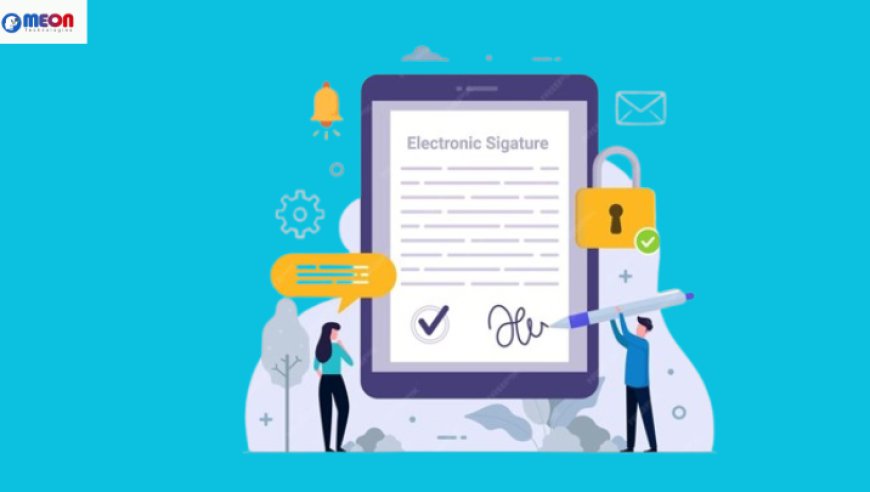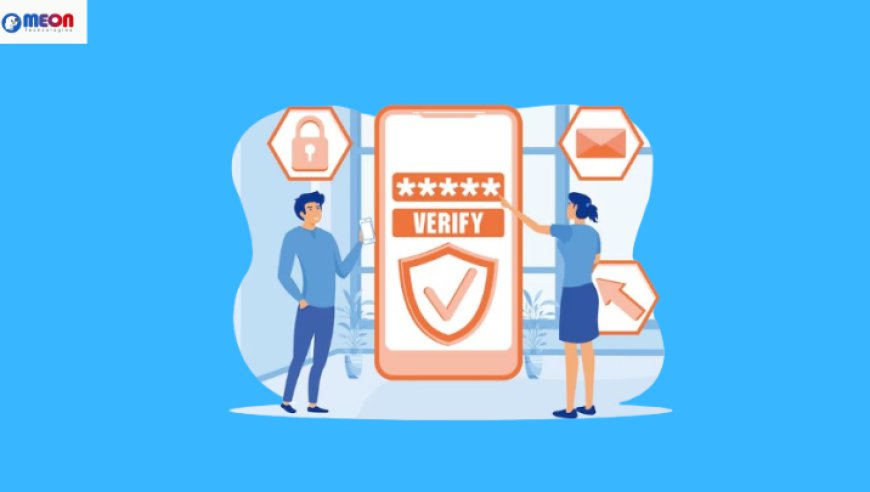Electronic Signature vs Digital Signature: A Complete Guide
Learn the key differences between electronic and digital signatures with this complete guide, exploring their uses, benefits, and how they ensure secure document signing.

In today’s digital world, signing documents electronically is becoming more common and necessary. Whether you are finalizing a contract or sending a signed agreement, individuals are in need of signing documents quickly and securely. Because of this, the demand for digital and Electronic Signature is rising. Though these terms are often used interchangeably, they are not the same.
Here in this guest post, we will discuss the difference between an Electronic Signature and a digital signature. So that you can choose the right solution as per your business needs.
What is an Electronic Signature?
An Electronic Signature Online, also known as an e-signature, is a broad term for any electronic means that shows agreement or consent to the contents of a document. It is essentially a digital version of your handwritten signature, but it can take many forms including:
-
Typed names at the end of an email or document
-
Scanned images of handwritten signatures
-
Clicking an "I agree" button on a website
-
Using a finger or stylus to sign on a touchscreen
What is a Digital Signature?
A digital signature is a more advanced form of e Signature Online that provides a higher level of security. It uses advanced encryption techniques so that it can ensure the authenticity and integrity of a document. When you use a digital signature, the process typically involves two key elements:
-
Public Key Infrastructure (PKI)
-
Encryption
Businesses often use digital signatures to sign their legal and sensitive documents.

Electronic Signature Vs Digital Signature
While both Electronic Signature Services and digital signatures serve the same purpose—signing a document. But these are different when it comes to their methods, security measures and users. Here are some of the common differences between the two:
Security Level
eSignature could be as simple as typing your name, which doesn't ensure that the document has not been tampered with. So we can say that it may or may not be secure, depending on which type you are using.
On the other hand, digital signature offers a high level of security for your document. Digital signatures use encryption, making them much harder to forge. They also verify that the document has not been altered since it was signed.
Technology Used
If we look at Electronic Signature Services, then these are generally not using any advanced technologies. It can be as simple as a scanned image of your signature or clicking a button to agree to terms.
While digital signatures use Public Key Infrastructure (PKI) and encryption technology. So that they ensure the authenticity of the signer and the validity of your documents.
Legality
In many countries, including India Electronic Signature Online is legally valid for most types of documents. However, they may not be suitable for very sensitive or high-stakes transactions unless your service provider combines them with advanced technology.
Digital signatures are legally recognized and meet the highest legal standards. They are especially accepted for legal and financial documents due to their robust security measures.
Verification
While it shows agreement, there’s no easy way to verify the identity of the signer. This means that if someone is signing documents by using e Signature Online, they may use another person's name or signature. However, with Aadhaar eSign it is not the case.
However, digital signatures provide a way to verify the identity of the signer. Since digital signatures use encryption, it’s almost impossible for someone to forge or alter the signature without detection.
When Should You Use Electronic Signature?
-
If you are looking for a signing solution for everyday business transactions that do not involve highly sensitive information, then eSignature is for you.
-
When you need a fast and simple way to sign agreements or contracts.
-
In situations where you don’t need a high level of security to sign your documents.
Conclusion
While both electronic and digital signatures are tools to sign documents electronically, you can choose one as per your needs. Electronic Signatures is a simple, convenient, and useful solution for everyday business needs. So if you are signing casual documents, an Electronic Signature may be enough. We will recommend that you can discuss your business's needs with eSignature providers such as Meon Technologies. Their experts will help you to assess your needs so that you can choose the best solution for your business. I hope you will find this guest post helpful and let us know if you have any queries.
